Emerging International Threat of Synthetic Drugs: Analysis and Perspectives

The global drug landscape has undergone significant changes in recent decades, with a notable increase in the production and use of synthetic drugs. This article analyzes the information presented in the House of Lords report on the emerging threat of synthetic drugs, highlighting the types of drugs, their effects, and public health implications. To download…
Cybercrime Related to Controlled Substances
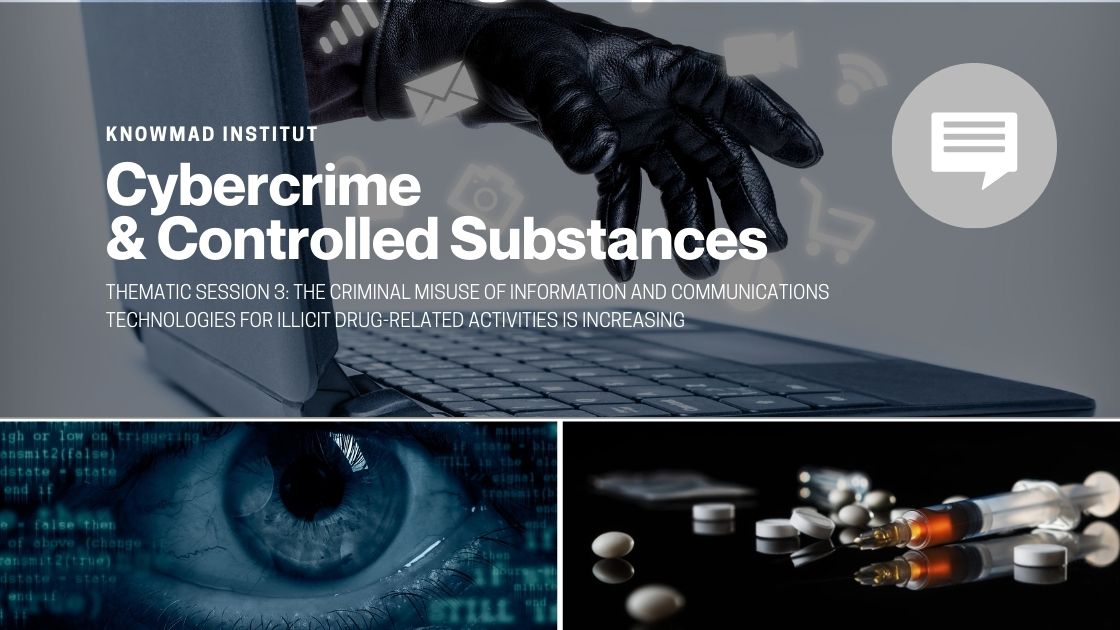
COMMISSION ON NARCOTIC DRUGS THEMATIC SESSIONS ON THE IMPLEMENTATION OF ALL INTERNATIONAL DRUG POLICY COMMITMENTS, FOLLOWING-UP TO THE 2019 MINISTERIAL DECLARATION, 19-21 OCTOBER 2021
THEMATIC SESSION 3: THE CRIMINAL MISUSE OF INFORMATION AND COMMUNICATIONS TECHNOLOGIES FOR ILLICIT DRUG-RELATED ACTIVITIES IS INCREASING
Stigma & Discrimination related to Substance Abuse: Deconstructing sophism’s towards Humanitarian Public Policies

Over the past few decades, international research has documented that stigma and discrimination are one of the major barriers to care in the field of drug abuse worldwide. Objective: To show the findings of the international literature about specific populations that experience stigma or discrimination as one of the main barriers to care for substance abuse as well as to account for the development of public policies against stigma in mental health and addictions in consonance with goals 3, 10 and 16 of the Sustainable Development Goals.
Debate on Cannabis Regulation in El Salvador. A few observations.

By Ricardo Langlois, Special Advisor of the Knowmad Institut On Thursday, April 11, two thousand nineteen, a proposal was presented for the reform of the control policy of Cannabis L., popularly known as marijuana, which seeks to reform Art. 3 literal E of the Regulatory Law on Drugs (LERARD, for its Spanish acronym), and seeks…
In the name of the “Drug War”
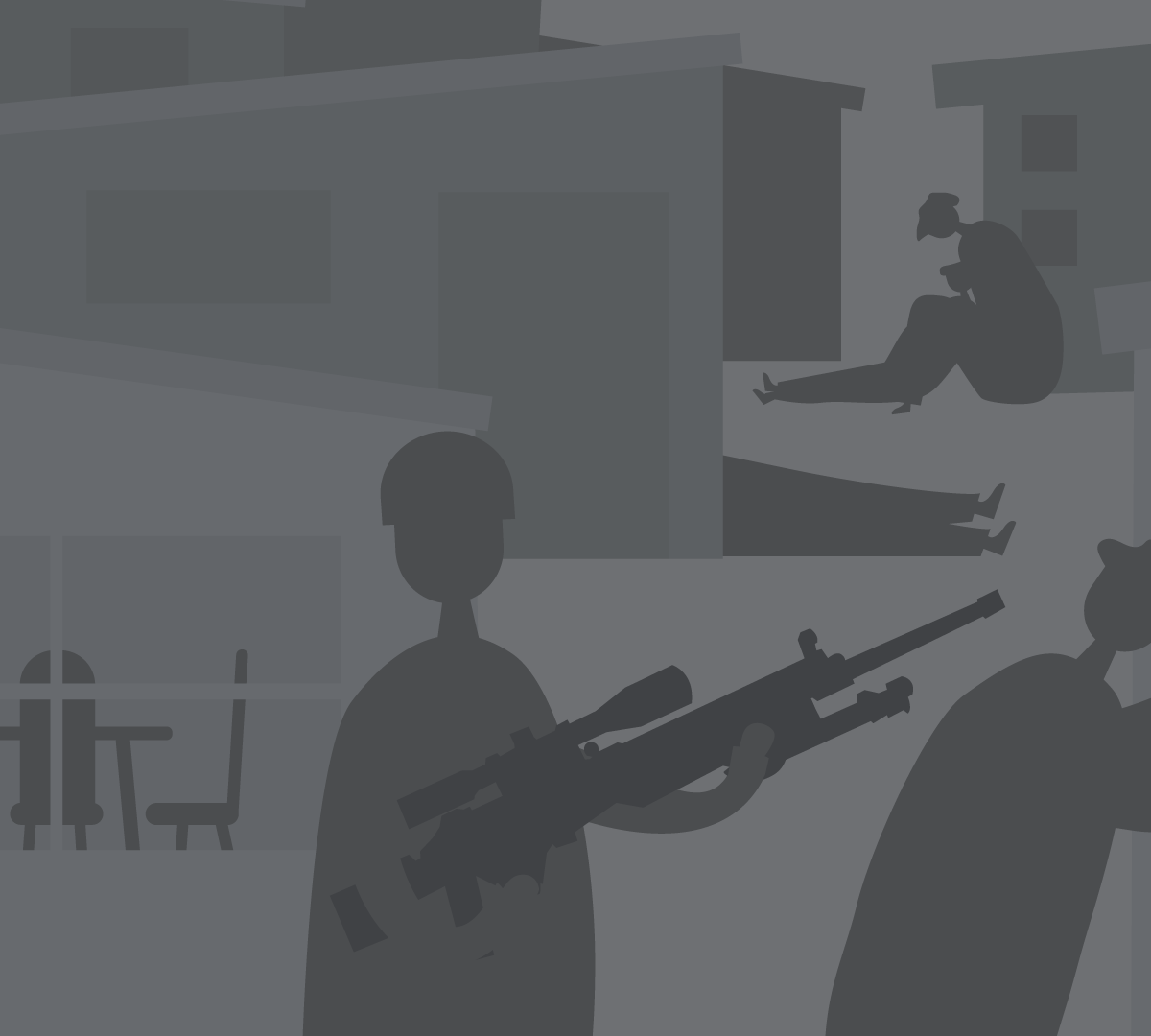
Building on the continuing broad support for the drug war, Duterte announced last year with his Philippine Anti-Illegal Drugs Strategy (PADS) “drug-free communities by 2022” .
In this article, I present some of the effects of this anti-drug campaign based on perspectives on the affected communities, on justifications and impacts of the killings and on functions of the most prominent drug allegedly to be extinguished.
Constitutional Challenges to the Drug Law. A Case Study
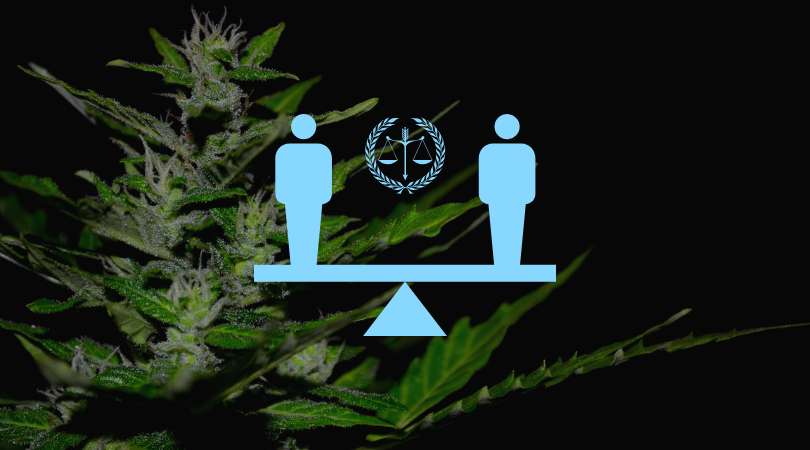
As the U.S. Constitution established a system of law built on first principles, much of the focus will be on the qualitative difference that separates principled from unprincipled reasoning. As shall be seen, we are dealing with two different legal paradigms, one superior to the other, and nowhere is this better exposed than in challenges to the drug law. While unprincipled reasoning is quickly revealed to be the result of confused analysis and incomplete understanding—that is, as not being supported by any valid foundation at all— principled reasoning has as its defining trait that it is always harmonious with reason, leading back to first principles.
South African Dagga Private Clubs Initiative
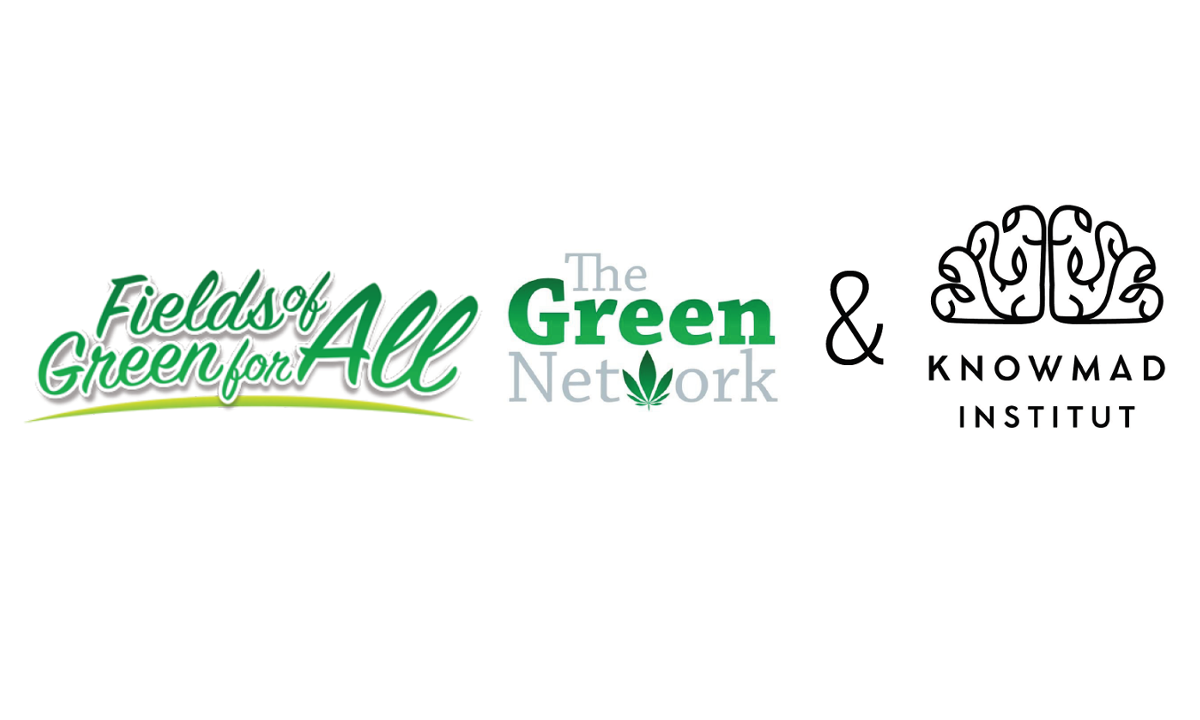
We, the people who use Cannabis throughout South Africa who are the keepers of traditional knowledge of the plant, have been freed after 110 years of the State-led violations of our right to privacy and our dignity as human beings after the Constitutional Court’s judgement “decriminalising the use or possession of Cannabis by an adult…
Report: Cannabis & Sustainable Development
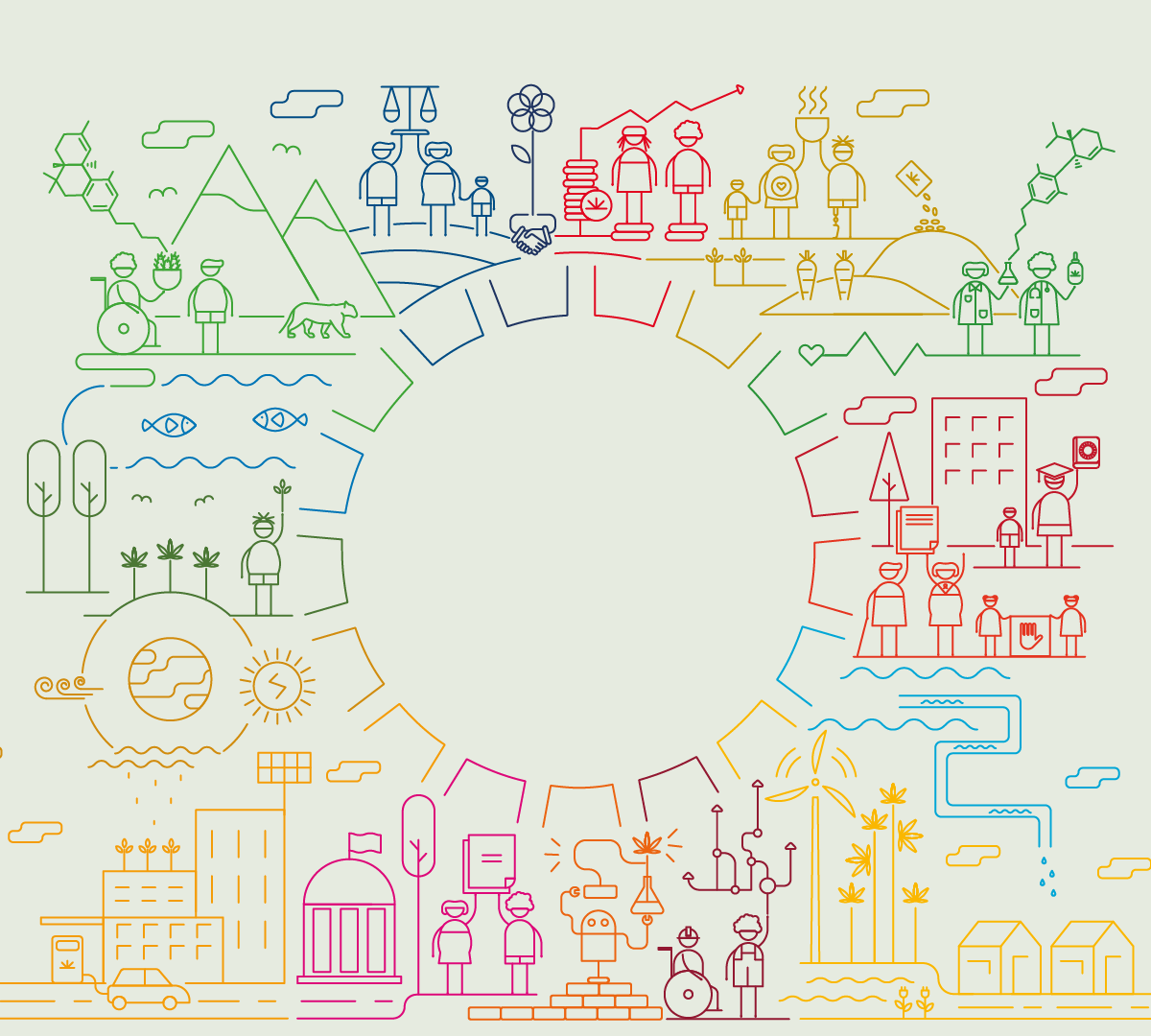
« …The tragedies caused by the lack of adequate and effective control of drug markets have increased social suffering, especially in relatively less developed countries and regions.
That is the reason why sustainable development opportunities must be taken as a guidance to improve the performance of drug policies. But this will not be possible without a strong public administration and efficient evidence-based public policies that, without repeating schemes worn out by the absence of results, take on the challenge of incorporating a new focus.
For all these reasons, we commend the efforts that Civil Society is undertaking to achieve an effective political incidence of this agenda, and we gladly join in an open dialogue where diverse voices and visions can fit. »
Diego Martín Olivera Couto,
Secretary-General, National Drug Council,
Office of the Presidency of the Republic, Oriental Republic of Uruguay.







